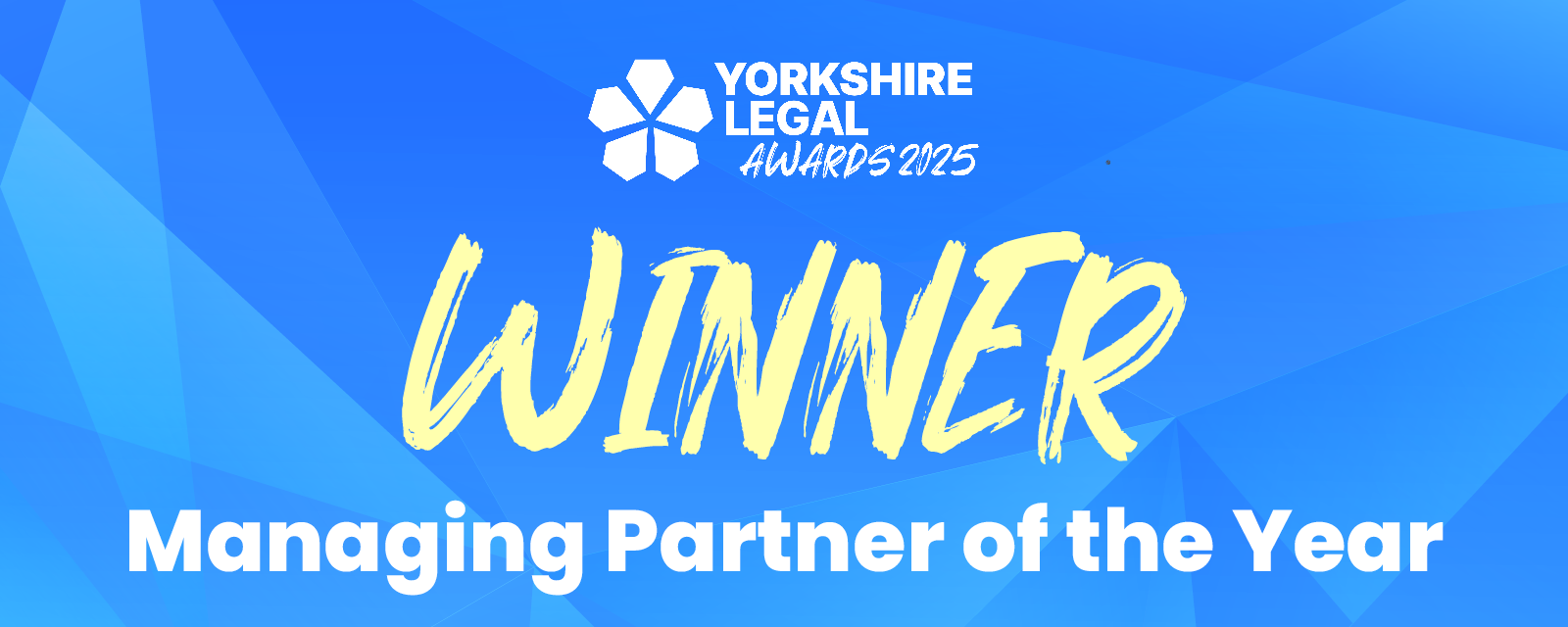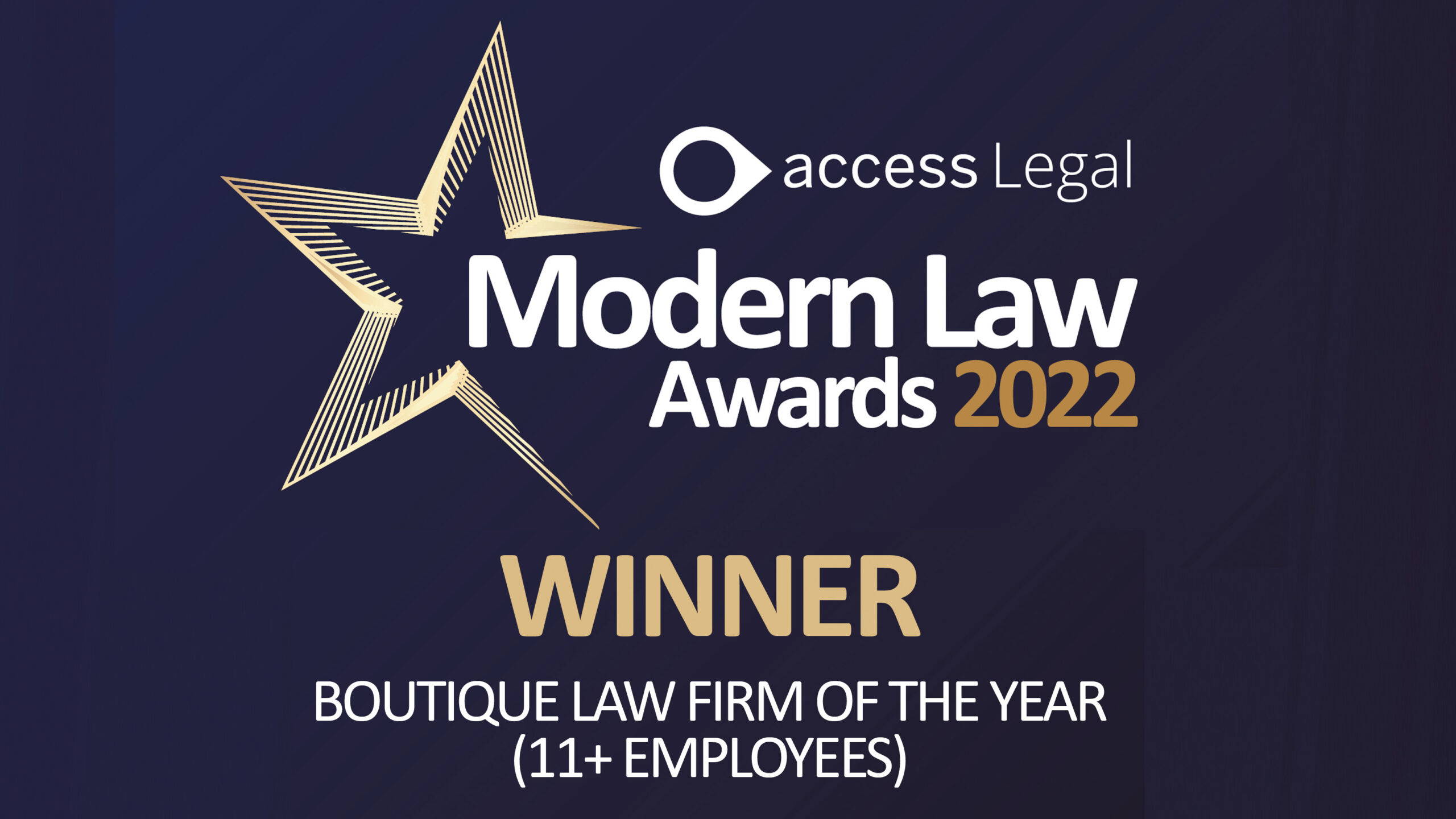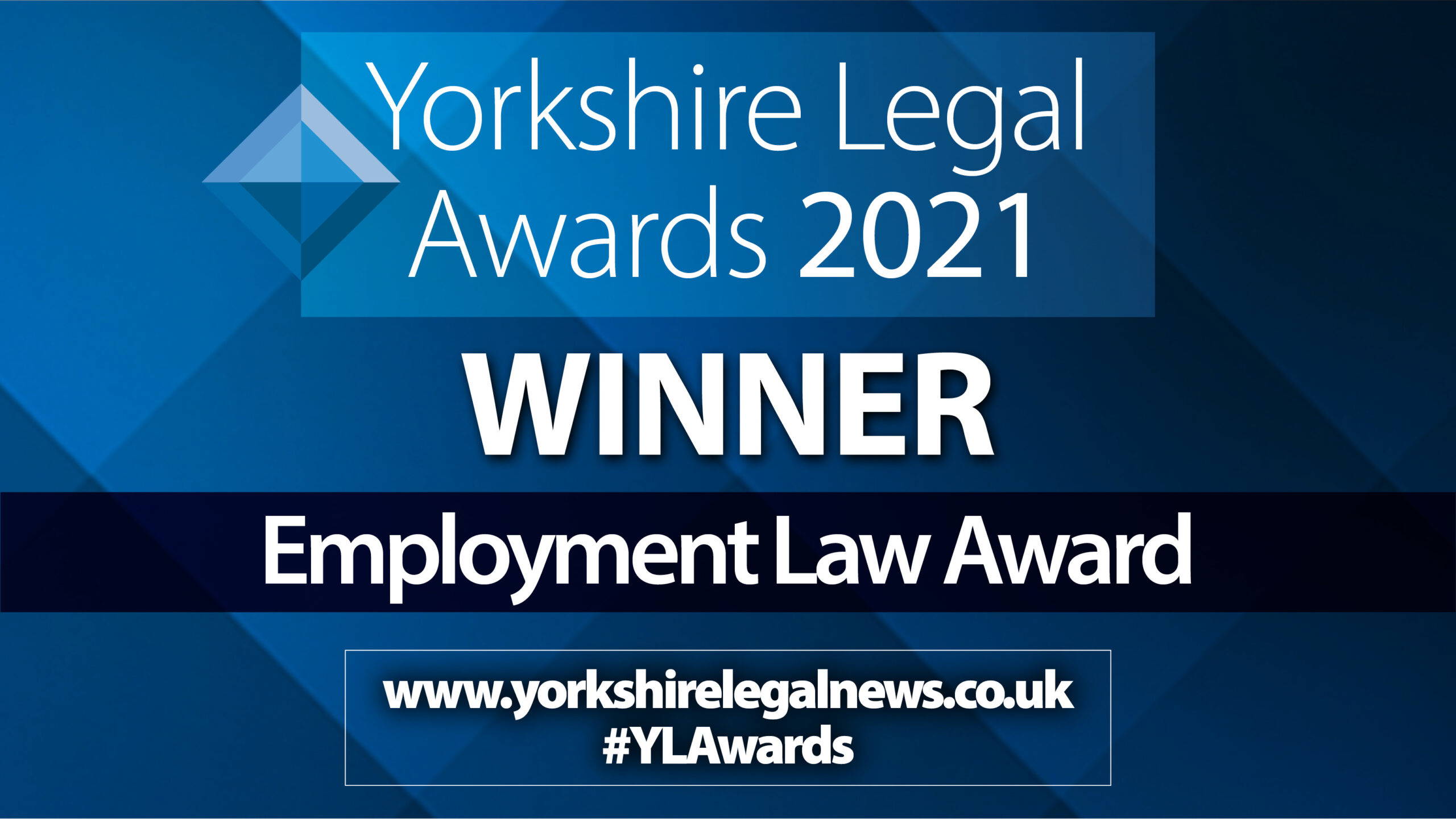By Jodie Hill
ADHD (Attention Deficit Hyperactivity Disorder) is often misunderstood in the workplace. It’s not just about being easily distracted or “forgetful” – it’s a neurodevelopmental condition that affects how people focus, organise, regulate emotions, and manage energy levels.
With the right understanding and adjustments, employees with ADHD can be some of the most creative, driven, and innovative people on your team. But without that support, they can face unnecessary barriers – often leading to stress, burnout, or even leaving the organisation altogether.
So, how can you as a manager create an environment where neurodivergent colleagues with ADHD can thrive?
⚖️ ADHD and the Law
Under the Equality Act 2010, ADHD can be considered a disability if it has a substantial and long-term impact on day-to-day activities. This means employers have a legal duty to make reasonable adjustments to remove or reduce barriers at work.
But beyond compliance, this is about culture and inclusion. Making thoughtful adjustments isn’t just the right thing to do – it builds trust, engagement, and retention.
🌱 Practical Adjustments That Make a Difference
There’s no one-size-fits-all approach, but here are some evidence-based and employee-endorsed adjustments that can make a real difference:
1. Flexible Working and Hours
People with ADHD may experience fluctuating focus and energy. Offering flexibility around start times, breaks, or hybrid working can help them work when they’re most productive.
2. Quiet or Low-Stimulation Spaces
Open-plan offices can be overwhelming. Providing access to a quiet area, noise-cancelling headphones, or a “do not disturb” signal can help reduce sensory overload and improve focus.
3. Clear Communication and Structure
ADHD can make time management and prioritisation challenging. Try to:
• Use clear, concise instructions (verbally and in writing).
• Agree priorities together.
• Break large tasks into smaller, time-bound steps.
• Use regular check-ins rather than last-minute deadlines.
4. Assistive Technology
Tools like task management apps, speech-to-text software, or focus timers can help with organisation and concentration. Many are low-cost or even free.
5. Coaching or Mentoring Support
ADHD workplace coaching can be transformative. It helps employees develop personalised strategies for focus, planning, and communication — and shows your commitment to investing in their success.
6. Positive Feedback and Recognition
People with ADHD may experience rejection sensitivity or self-doubt. Regular, positive feedback and clear recognition can help build confidence and motivation.
🧠 Leading with Empathy
The most powerful adjustment is often understanding. ADHD can look different in everyone. Some people may appear disorganised, while others may hyperfocus for hours. Managers who take time to understand individual needs – and create space for honest conversations – make a huge impact.
You don’t need to be an expert; you just need to be open. Ask questions like:
“What helps you work best?”
“Are there any distractions or barriers I can help remove?”
“Would it help to check in regularly or have more structure?”
It’s about partnership, not prescription.
🌈 Building a Neuroinclusive Culture
Adjustments are only part of the picture. True inclusion happens when the whole team understands and values neurodiversity – where ADHD isn’t seen as a problem to fix, but as a difference to embrace.
That means:
• Raising awareness through training and conversations.
• Celebrating diverse thinking styles.
• Embedding inclusion into policies, leadership, and everyday practices.
💬 Final Thought
At Thrive Law, we see every day how much potential is unlocked when workplaces become truly inclusive of neurodivergent talent. With understanding, flexibility, and the right adjustments, ADHD doesn’t have to be a barrier – it can be a strength.
If you’d like support developing ADHD awareness training or reviewing your workplace adjustments, our team can help.
👉 Get in touch to learn more about our Neuroinclusion Audits and Training for Managers.
Visit our Neurodiversity page or get in touch at enquiries@thrivelaw.co.uk to find out how Thrive Law can help you build a truly inclusive, neuroaffirming workplace.









